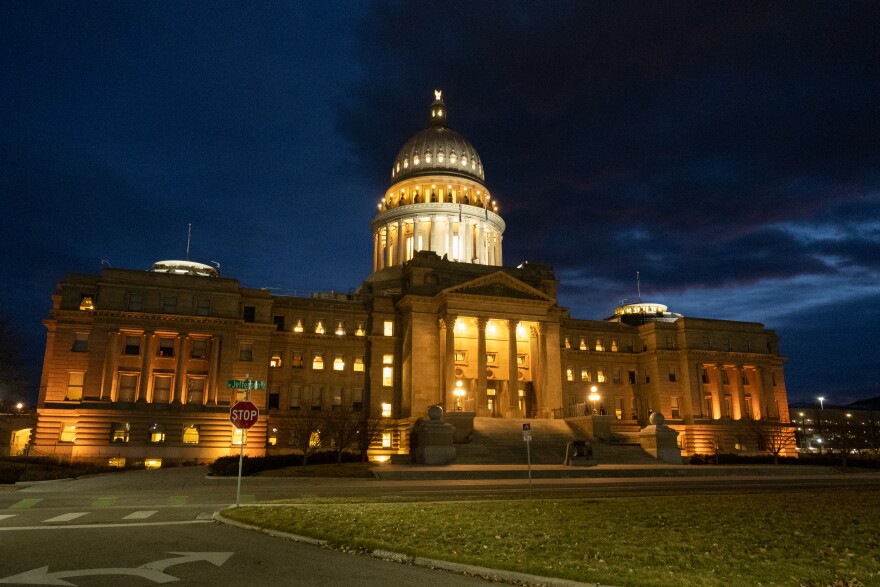Idaho’s stand your ground law could offer further immunity from arrest and prosecution under a new bill.
Idahoans already don’t have to retreat or determine whether a threat to their life or property is real before using force – including deadly force.
But Sen. Scott Herndon’s (R-Sagle) bill would go a step further. It would forbid law enforcement from even detaining someone in self-defense situations unless they had probable cause.
It would also require courts to hold an immunity hearing within 14 days after a defendant files a motion to dismiss the case – something Herndon said is necessary.
“You could be potentially incarcerated for a very long time until you get to the point of trial in order to go before a jury and prove that your conduct was lawful under the stand your ground law,” he said.
During that hearing, prosecutors would have to prove by “clear and convincing evidence” that a defendant wasn’t using self-defense – a higher standard of proof, Herndon said, than what’s currently used.
If a defendant is found not guilty via self-defense, the county where they were charged would have to cover their legal fees and loss of time.
Herndon says his bill could avoid a situation like the prosecution of Kyle Rittenhouse, who fatally shot two people during protests in Kenosha, Wis. in 2020.
Rittenhouse was acquitted on all charges after legal proceedings lasting more than a year.
Follow James Dawson on Twitter @RadioDawson for more local news.
Copyright 2023 Boise State Public Radio



